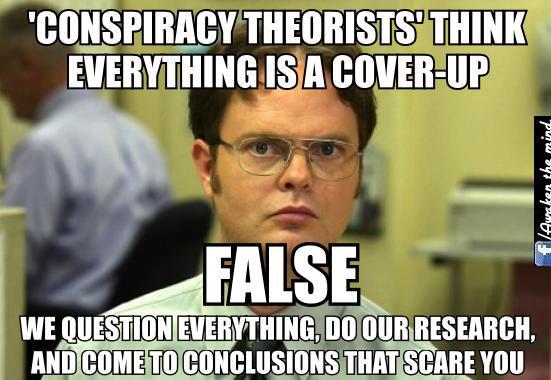Link to Blog Entry for this Event

I haven't really been paying much attention to the atheists' commentaries in a while other than a few videos here and there. In following up with some of the guys I used to listen to, watch, or read, from Atheist Analysis, I discovered that Atheist Analysis was no longer in business. Sounded like there was some juicy controversy behind the scenes but bottom line is the original leaders had a difference of opinion and had to part ways. It's a shame, I think, because atheism should continue to form public associations and disseminate their material far and wide, so more believers are aware of their best arguments, and hopefully develop or learn better ways to respond to these challenges.
So, I was directed to the new forum for some of the former AA staff: Cellar Door Skeptics. Having been reconnected, I was immediately directed to their latest materials. One of them was a debate between Christopher Tanner (atheist) and Aaron Furlong (reformed Christian). It was a rather lengthy offering and so I felt I had to split it between two days of listening. Overall, I think it was generally a good exchange between the two, respectful, well controlled, and it sounded like both sides were honest when they didn't know how to respond.
I just have some brief observations.
- The resolution for the debate, "Is There Sufficient Evidence For The Christian God?", was weak. Obviously, the affirmative side (Christian) believes there is sufficient evidence, and the negative side (Atheist) believes there isn't. Between Christians that threshold may vary widely, as much as it may between atheists. Perhaps the resolution would have been clearer and more focused to be simply "The Christian God exists", or "The necessary precondition of logic and science is the existence of God as the foundational principle". Furthermore, the Christian admits he is not an "evidentialist", but he is a "presuppositionalist". So, the foundation of the affirmative side is not to give proof for the existence of God, but simply pointing out that no matter what course of logical argumentation the atheist uses, he must necessarily admit to the absolute need for a foundational principle(s) upon which his logical discourse relies upon. Only God can be that principle.
- Tanner makes a great case for only believing in things that are true. I would agree. Unfortunately, since he admits that he cannot be absolutely sure about anything, then this must necessarily mean he cannot ever really accept anything to be true. I would suggest he re-think the consistency of his position or adopt a sense of truth being provisional, that is to say, truth is the best explanation we have for now, accepting that at any given moment, it could be disproven and replaced with a new position, which may even be God. I don't know if he means this when he uses the word "true" or "truth".
- Furlong gave a good introduction to his presuppositional attempt at presenting or defending God. Unfortunately, I feel like he has memorized the method of his art so well, that he had a very hard time when it came to addressing the issues Tanner brought up, which require an evidentialist familiarity to be able to respond to. For example, the validity of the Bible, was discussed. Furlong didn't really spend a lot of time defending his Bible and why it's reliable. On this point, I'd give to Tanner. It's not necessarily Furlong's fault. The problem is the Protestants don't have a good answer. The Catholics have a better answer. If God exists, and Jesus was God, he founded the Catholic Church, and the Church is what is foundational and not the Bible alone.
- Judaism is a religion, but the word Jewish refers to both an affiliation with the religion as well as an identification with the "Jewish people". It is a race. Hitler was about a pure race, not a pure religion.
- Tanner didn't seem to realize the gravity of admitting that he doesn't believe that anything is absolute, and yet he holds absolute positions, for example, God doesn't exist, Christianity is wrong, telling a woman she ought not to have an abortion is wrong, the opposition views to LGBTQI issues are wrong, etc.
- There doesn't have to be a contradiction between God's omniscience, omnipotence, omnibenevolence, and omnipresence, with God allowing evil, or not lying. These are not new questions. Philosophers and theologians have been debating these issues for millennia. Those solutions only make sense within a Christian worldview. This issue puts the cart before the horse.
I'm sure I missed a lot of significant points I wanted to address as I was listening to the debate. Perhaps I'll give it another listen and revise this post.
I look forward to staying in touch with these gentlemen. Perhaps, I'll give in and accept the invitation to address my worldviews or engage in debate.
Laurence Gonzaga
3.19.16


